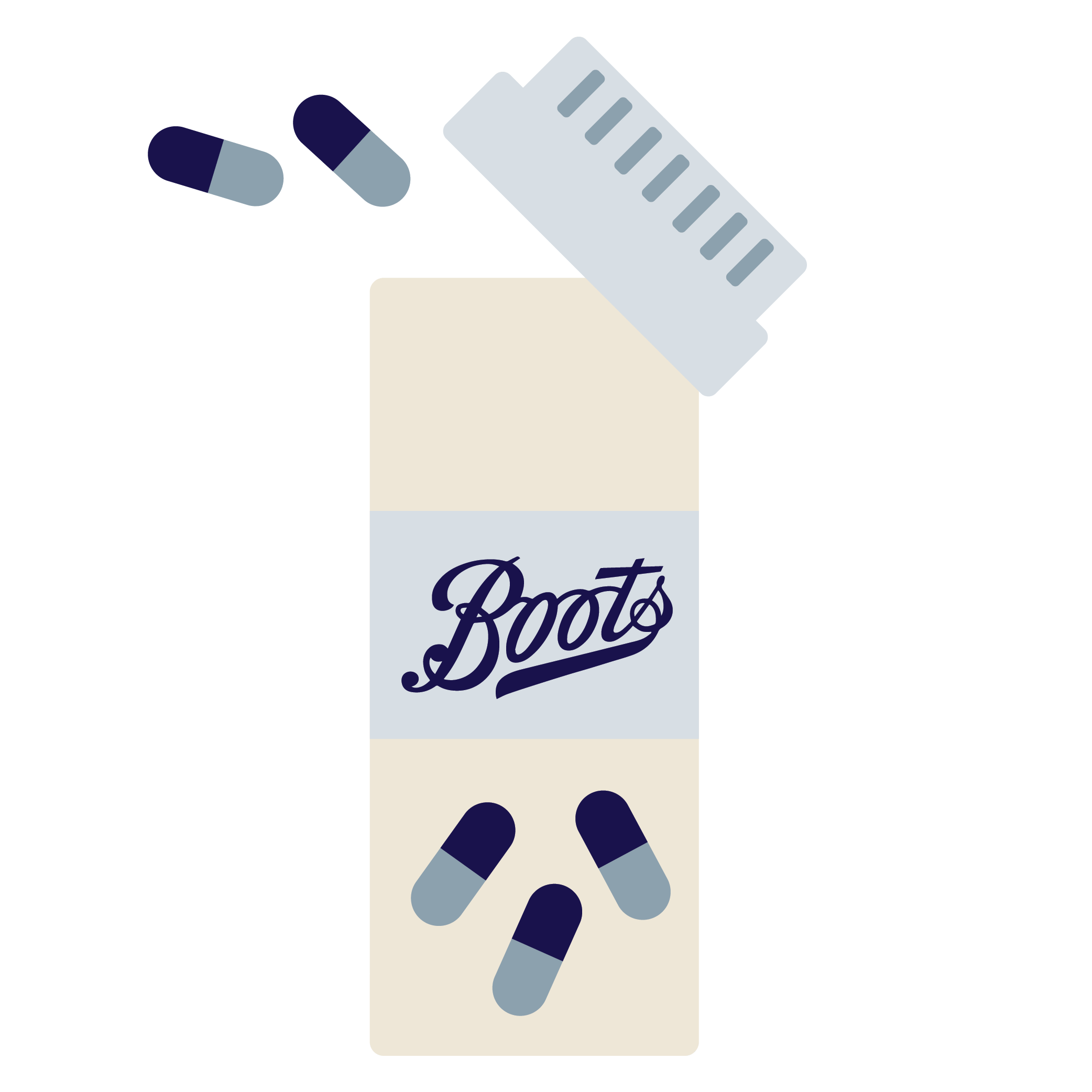
JET LAG — WHAT YOU NEED TO KNOW
What is jet lag?
Jet lag is a common travel health problem. When you travel across time zones, usually three or more, it can affect your natural sleeping and waking cycles. This can make you drowsy during the day and cause difficulty sleeping at night.

What are the symptoms of jet lag?
The main symptoms of jet lag are feeling drowsy during the day and finding it hard to get to sleep at night.
This in turn can result in:
- general tiredness or exhaustion
- difficulty focusing or concentrating
- headaches
- lack of appetite
- digestion problems
What causes jet lag?
Jet lag is caused by arriving in a new time zone without your body having time to adjust. Your natural sleep pattern – or circadian rhythm – is interrupted and you may find you can't sleep or wake up at the required times of the day or night.
People often find it worse to travel east, where you need to fall asleep earlier than you would usually, than to travel west, where you need to stay awake for longer than you would usually. That's probably because it's easier to force yourself to keep busy and distracted and to stay awake than it is to convince your body it’s time to sleep when you're not tired.
What can I do to avoid jet lag?
There are several things you can do to try to avoid experiencing jet lag too severely or for too long:
- Get lots of rest before you depart
- Begin slowly adjusting to the new time zone before you travel by going to bed an hour earlier or later each evening
- Drink lots of water on the flight and avoid caffeine and alcohol
- Try to go to sleep on the flight during what will be your bedtime in the new destination
- When you arrive, make sure you stay awake and go to bed at the correct time for your new schedule
- Set an alarm in the morning so you don't oversleep
- Get out into natural light as much as possible to help your body reset its sleeping and waking cycle
Is there anything else I should think about when travelling?
Before you travel, you should always check to see whether there are any other potential health concerns to address. Visit https://www.fitfortravel.nhs.uk/home or https://travelhealthpro.org.uk or https://www.gov.uk/foreign-travel-advice for up-to-date advice and information.
Page last reviewed by: Dr. Christina Hennessey 21/06/2021

